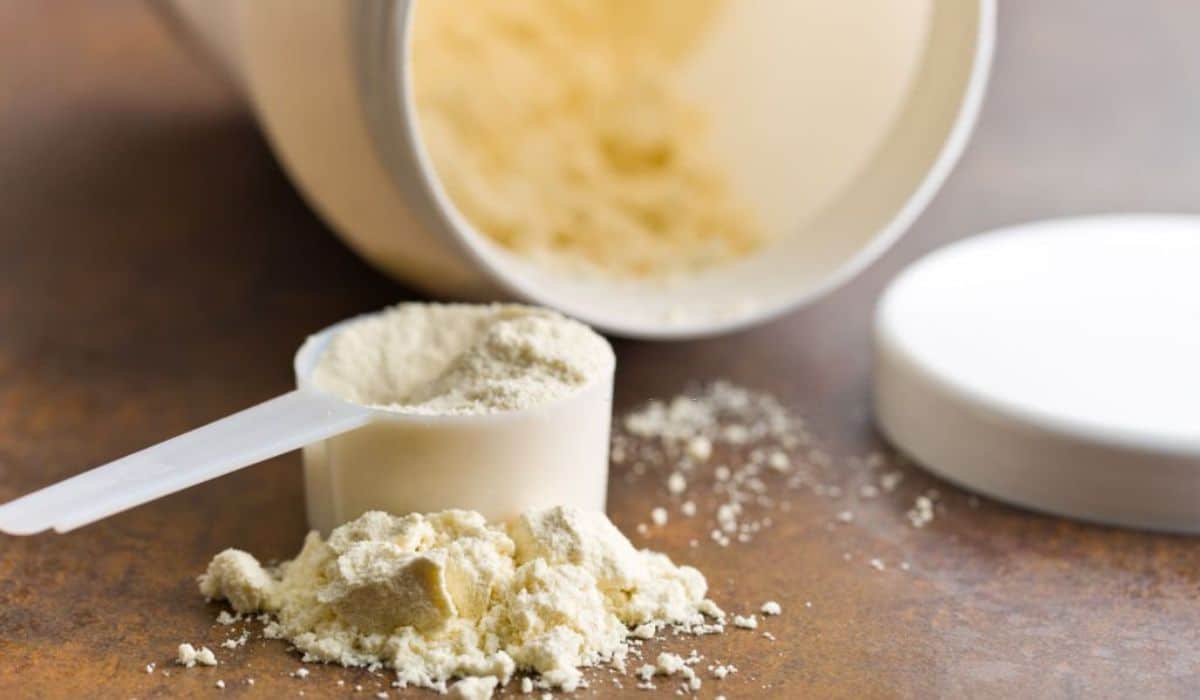
If you’re eating a ketogenic diet, you know that the magic comes from ketones chemical compounds that your body makes when you don’t eat enough carbohydrates to provide energy for all the things you need to do.
You can make your own ketones. Your body will do it all on its own; all you have to do is monitor and eat low carbs. But you can also buy ketones in a bottle, also known as exogenous ketones (ex = “outside,” as in “exit” and “external,” so exogenous ketones are ketones that come from outside your body).
Understanding exogenous ketones can be a bit tricky. Because the magic of a keto diet comes from ketones, it’s easy to assume that more ketones = more magic. If more ketones get you easier weight loss, better health, faster symptom relief, or some other benefit, why wouldn’t you cram in all the ketones that you could? Eat a ketogenic diet and take a pile of exogenous ketones for super keto-perfection!
But it’s actually way more complicated than that. Taking exogenous ketones might actually counterproductive for people trying to to get into ketosis using diet, because they may impair your body’s own mechanism for producing ketones naturally. On the other hand, there are some interesting potential uses for exogenous ketones in people who can’t eat a ketogenic diet: here’s a look.
Types of exogenous ketones
In studies on exogenous ketone supplements, researchers mainly use two main types of supplements: ketone esters and ketone salts. The ketones are the same in both, but the packaging is different.
- Ketone esters: ketone bodies that are chemically connected to an alcohol group.
- Ketone salts: ketone bodies that are made more bioavailable by mixing them with one of three different minerals: sodium, calcium, or potassium.
Ketone esters seem to elevate ketone levels more effectively and they’re also less prone to causing gastrointestinal symptoms.
Exogenous ketones and ketogenic diets: do they mix?

In people who are already eating a ketogenic diet, exogenous ketone supplements may actually be counterproductive. As this review explains, ketone supplements do increase blood ketone levels (ketonemia), but they actually suppress your body’s DIY (endogenous) ketone production systems.
“While it is clear that exogenous ketones increase serum BOHB, they are not ketogenic, and may, in fact, inhibit endogenous ketone production...In other words, they promote ketonaemia but do not encourage the creation of ketone bodies in the liver. So, it is more accurate to say that exogenous ketones mimic the effects, many of which are positive, of NK [nutritional ketosis], rather than inducing it.”
So if your ultimate goal is to produce your own ketones through eating a ketogenic diet, then you might actually want to avoid exogenous ketone supplements - the article suggests medium-chain triglycerides (MCTs), the fats found in coconut oil, as a more likely prospect for stimulating your body’s own production of ketones.
Exogenous ketones: possibly better for people who don’t eat keto
The real benefit of exogenous ketones might be for people who want the benefits of ketosis but can’t eat a ketogenic diet for whatever reason (religious, cultural, conflicting medical/dietary requirements, side effects too severe, whatever).
Ketone supplements and endurance exercise
Some research has specifically found benefits of ketone supplements for athletes. This makes sense - ketone bodies are used for fuel during exercise, and regular training enhances the process.
Some preliminary research in cyclists indicates that ketone supplements can enhance performance. But that definitely isn’t settled: this study found that ketone supplements didn’t improve cycling performance (or mental acuity afterwards). It may also depend on intensity, with athletes who do longer, lower-intensity sports benefiting more than athletes who do higher-intensity sports for very brief bouts. For example, an ultramarathon runner might benefit more than a sprinter. And there are also side effects, notably gastrointestinal distress.
As this study put it, “under conditions where evidence-based nutritional strategies are applied appropriately,” there’s no evidence strong enough to support routine or confident recommendation of ketone supplements.
Ketone supplements in healthy non-athletes
In this paper, researchers gave subjects equal amounts of beta-hydroxybutyrate as either a ketone ester (KE) or a ketone salt (KS). KE was much better at rapidly increasing blood ketone levels, but both were about equally effective at reducing blood sugar: “Although decreases in FFA, TG and glucose occurred, there were no significant differences between the KE and KS drinks or with intake amount."
This was true even after subjects ate a mixed meal containing way more carbs than a keto diet ever would. Interestingly, consuming ketones didn’t change insulin production, only blood sugar control - that’s cool because it means the ketones actually improved insulin sensitivity, instead of just ramping up insulin production.
Drinking the KE drinks maintained ketosis even with a “normal” meal pattern (aka eating carbs), so the researchers concluded that “ketone drinks are a viable and practical alternative to dietary strategies to achieve ketosis.” But the study also noted that this was the first ever experiment on ketone supplement drinks in healthy adults at rest, meaning that there’s no indication what happens with this strategy over months or years.
Research like this hints that ketone supplements might be a way to improve metabolic health in people who don’t eat ketogenic diets, but again, this one study isn’t super strong evidence.
Other applications of exogenous ketones
There are also a couple animal studies, only in mice and rats suggesting that exogenous ketones might potentially have some role as a supplemental cancer treatment, but this is by no means proven in humans and definitely not a replacement for other kinds of treatments.
This study also found that rats showed reductions in anxiety behavior when they got exogenous ketone supplements - also cool, also not anything like proof of effectiveness in humans.
Basically, this is still a very new area of research and it’s important not to make exaggerated or unwarranted claims about how exogenous ketones will cure everything that ails you. But they’re definitely cool and hopefully we’ll see a lot more on this as ketogenic diets keep gaining in popularity!
Summing it Up
Exogenous ketone supplements definitely aren’t necessary for people eating a ketogenic diet, and they may even be counterproductive. For people who aren’t eating keto, there may be some metabolic benefits, but this is still very much under investigation. If you’re looking to enhance a ketogenic diet, MCTs are a strategy with a better evidence base - and if you just want weight loss, why not take your ketone supplement money and spend it on de-stressing? Stress is a huge factor in weight gain and overall poor health, and unlike ketone supplements, if it doesn’t work for health, at least you enjoyed yourself.





Leave a Reply